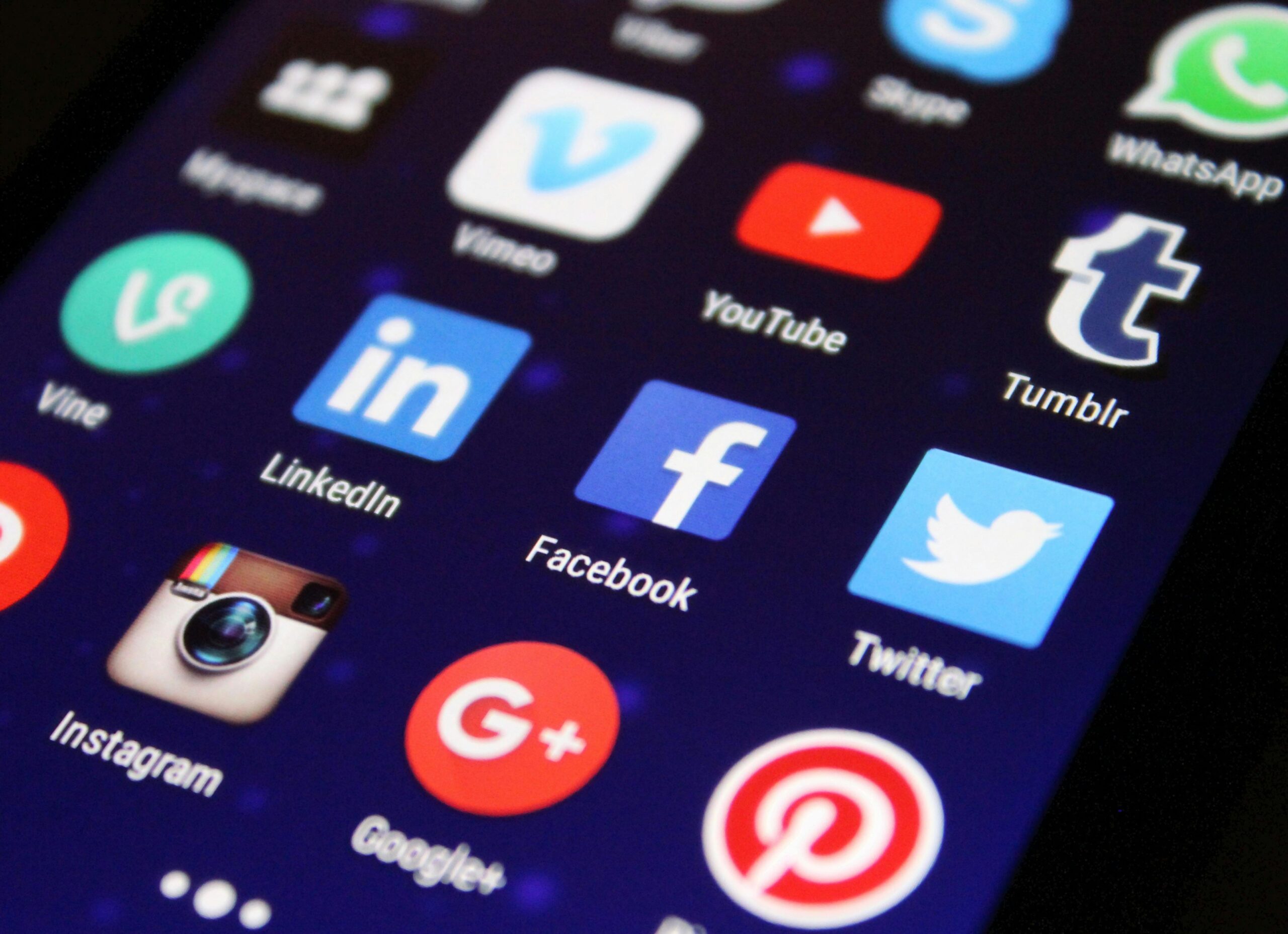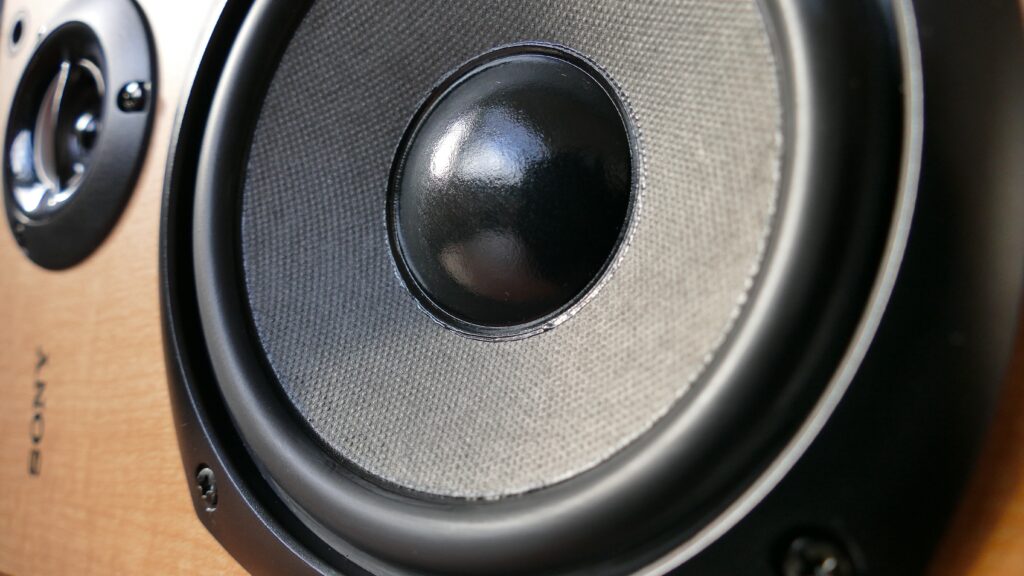Anticipation, such a huge word. We start anticipating since we are born  . It hardly matters if we were not that conscious in our first year of life; yet, we anticipated without even knowing anything. We were told, taught, and practiced to crawl so we could reach out to different stuff by ourselves. Gradually, we anticipated walking, thanks to the constant motivation we received from our parents and grandparents. We didn’t know what would happen if we walked, yet we learned to walk. You can call it biological as well as cognitive development, which is the same for all human beings initially. We anticipated everything from walking to building all other essential motor skills initially in early childhood, not consciously though, but subconsciously by perceiving this world through our senses.
. It hardly matters if we were not that conscious in our first year of life; yet, we anticipated without even knowing anything. We were told, taught, and practiced to crawl so we could reach out to different stuff by ourselves. Gradually, we anticipated walking, thanks to the constant motivation we received from our parents and grandparents. We didn’t know what would happen if we walked, yet we learned to walk. You can call it biological as well as cognitive development, which is the same for all human beings initially. We anticipated everything from walking to building all other essential motor skills initially in early childhood, not consciously though, but subconsciously by perceiving this world through our senses.
The happier the child, the more physically and cognitively well he/she is; or, how well physically and cognitively trained a child is, the happier he/she is, thanks to the dopamine system in place.

Dopamine  has a big role in anticipation. Before we understand anticipation more deeply, let’s delve a bit into dopamine. A positive neurotransmitter, it plays a crucial role in various brain functions, including pleasure, reward, motivation, and movement. There are myriad pathways through which dopamine is released in our brain; anticipation is one of those. You eat your favorite meal, you get a dopamine kick; you go for a run, you get a dopamine kick. You watch your favorite movie or listen to your favorite song, you get a dopamine kick. You have sex, you get a dopamine kick; you dance, you get a dopamine kick; you read your favorite novel or book, you get a dopamine kick; you browse social media and watch all short funny videos, you get a dopamine kick. You buy your favorite attire, you get a dopamine kick; you smoke, drink alcohol, you get a dopamine kick (Bad Dopamine kick). All that you find pleasurable, whether good or bad, gives you a dopamine kick, but that dopamine kick doesn’t last forever, unlike in the long-term anticipation case. To understand anticipation more deeper, let’s start with a basic question that we often ask ourselves after reaching a certain age group.
has a big role in anticipation. Before we understand anticipation more deeply, let’s delve a bit into dopamine. A positive neurotransmitter, it plays a crucial role in various brain functions, including pleasure, reward, motivation, and movement. There are myriad pathways through which dopamine is released in our brain; anticipation is one of those. You eat your favorite meal, you get a dopamine kick; you go for a run, you get a dopamine kick. You watch your favorite movie or listen to your favorite song, you get a dopamine kick. You have sex, you get a dopamine kick; you dance, you get a dopamine kick; you read your favorite novel or book, you get a dopamine kick; you browse social media and watch all short funny videos, you get a dopamine kick. You buy your favorite attire, you get a dopamine kick; you smoke, drink alcohol, you get a dopamine kick (Bad Dopamine kick). All that you find pleasurable, whether good or bad, gives you a dopamine kick, but that dopamine kick doesn’t last forever, unlike in the long-term anticipation case. To understand anticipation more deeper, let’s start with a basic question that we often ask ourselves after reaching a certain age group.
Who Are We?

The query is so vast that even my thoughts are a bit entangled, pondering on where to begin.
Until we reach our teenage years, we don’t really feel the need to ask such questions, as our brains are already occupied with a lot—from school and university to friends and parties. The brain is constantly busy, either anticipating finishing academics or searching for a dream job. By the time one settles well in their career, most also find their soulmate. The brain gets every kick it should. Life indeed seems like great fun until this point.
We are all social creatures, living in a society with norms such as studying, securing a decent job or starting a business, getting married, having kids, and settling in our own house. Life should sound like a fairy tale story, where we feel safe and secure, achieving something and fitting into society. These are the basic needs of a human being, which shouldn’t be overlooked.
People in their 30s or 40s, married, with kids, living independently in their own house, and earning enough to meet the family’s basic requirements would better relate to this phase of life. At one point, they feel they have everything they need, but at another time, they sense incompleteness in their hearts. It’s not that their life isn’t going smoothly; it’s the point where the race of acquiring family, job, house, and kids stops, the brain starts wandering to look for  . The brain goes into a free zone and starts bothering you. At some point, when it fails to foresee, it becomes tired in the present state.
. The brain goes into a free zone and starts bothering you. At some point, when it fails to foresee, it becomes tired in the present state.
In this monotonous state, the brain knows it has everything in hand but lacks a sense of “searching for” something, unlike before when the brain was busy with stuff like job, marriage, kids, and house.
When the brain foresees things, like after three years of graduation, getting a job, it anticipates and gets busy in one direction. Even with plenty of other stuff to do, the brain keeps drawing attention back to the current course of engagement, thanks to constant university assignments and exams. The journey of starting a course is driven by the anticipation of finishing it. The brain is preoccupied with the idea of completing something by a certain point, where dopamine plays a key role in making one feel energized, focused, and disciplined. Dopamine acts as a booster that motivates early rising, preparation for classes, engagement in assignments and tests, and persistence until the course is finished.
This three-year course is just an example; similarly, we plan for jobs, marriage, and kids. From planning to completion or acquisition, our brain anticipates, keeping us busy so that no other things hinder our way. After achieving all those basic milestones in life, when the brain wonders what’s next, we feel strange. We don’t realize that the brain is seeking dopamine again through anticipation of something. That’s when we start seeking activities like joining swimming lessons, learning new cooking techniques, joining a gym, throwing parties, making new friends, engaging in kids’ activities, taking them to their extracurricular activities, and so on. We do everything to feel good, engaging in new activities. We think that keeping ourselves busy would stop bothering us from all the thoughts going in our head. That helps but temporarily. We fail to realize that the brain is still seeking long-term anticipation to regain that constant energy and enthusiasm.
You may have noticed people immersing themselves in one course after another; why? Because that’s what their brain tells them to do—to seek some kind of anticipation in life, where they feel that something new is happening. After finishing a course and working a job, after two to three years, or maybe even sooner, they start feeling bored and seek again what’s next.
The same applies to business, I guess; that’s how they grow, thanks to the marvelous brains of their CEOs. The point is, as long as you keep moving in the direction of your choice, regardless of what it is, you should feel better and balanced.
Anticipation: Navigating Known and Unknown Paths to Success

Most of the brains mean most people anticipate the known path. The best way to know what known paths are is through various platforms where you seek a job. Do this course or apprenticeship, and you can work in that particular field. When the brain gets a hundred percent guarantee, it takes you there. That’s how we have all the marvelous, hardworking doctors and engineers.
There is one more path of anticipation which is known but unknown. The work of artists, musicians, authors, painters, architects, athletes, and entrepreneurs, where they anticipate in the known territory being unknown of their destination. They know, for example, that writing is something that entices them, but they are unaware of their future book titles. A musician may have played on many songs or created their own music, but they are totally unaware of making more in the future. Artists in any field would understand that they work on a piece of art, and then their hearts anticipate the rest. That’s how their creation of artwork is built up.
So if you anticipate something, and after finishing it, you still feel incomplete, it means you haven’t talked to yourself yet. Anticipate something where you feel connected to yourself, and like building blocks, when you collect all those bits and pieces to complete the task of your choice, you make yourself stronger within. You still anticipate, but you find the connections.
Why Is Anticipation So Important?
Our brain  has been evolving for centuries. Now, we are living in the 21st century, where technology seems to be the boss of the world. Every person, from kids to the elderly, carries smartphones
has been evolving for centuries. Now, we are living in the 21st century, where technology seems to be the boss of the world. Every person, from kids to the elderly, carries smartphones  . It takes seconds to search for anything, and you will find information.
. It takes seconds to search for anything, and you will find information.
Take anything; if you want to search for a beauty product, not only will you find different beauty brands, but you will also find different varieties within the same brand too. If you pick up a L’Oréal foundation, you will find different foundations based on skin tone. When you turn on the television, you see a wide variety of movies, TV shows, cooking channels, worldwide news. Now the market is flooded with different magazines and newspapers. We have big social media platforms and web searched websites such as Facebook, Instagram, X, Google, YouTube, Snapchat, and new evolving websites. There are plenty of entertainment platforms available from Netflix and Amazon Prime to YouTube and gaming apps. The list of content available to consume is endless. Our heads are filled with so much stuff that if we keep absorbing everything that comes our way, we are drifting further from ourselves.
It’s like before you know it, your brain is already hijacked by someone else, and then you wonder why you feel so disconnected from yourself.
Whether you want it or not, whatever you listen to, read, talk about, or do intentionally or unintentionally has a direct impact on our thoughts. That’s how the brain works. In simple terms, it’s like a magnet, capturing everything around you with or without your permission.
There is only one way to regain focus: find your own source of content. One should have some short, wise conversations with themselves before engaging in any activity. Don’t just watch any new movie that comes out. Consider questions like, “Is this movie violent? Is it worth watching? Are there any other funny movies I could watch instead?”. It may sound like a minor decision, but in the 21st century we are living in, we must be wise enough to know what we are feeding our brains.
Now you must be wondering how watching or listening, reading connects to anticipation. It does. Have you ever felt that you have made a plan of doing something and then you had words with your friends? They would say their own things about what they are doing. You forget about your own things for a while and get leaned to their ideas. After a while, you browse a social media website where you see something more exciting, and now this new stuff is grabbing your attention. You meet someone the other day, the friend told you about his exciting journey of starting a business, and your brain is thinking, hmm, this is a good idea too. Your brain is going everywhere it sees around. Having said that, if you know the genre  of your work, it would be much easier to filter the content of your choice and build from there.
of your work, it would be much easier to filter the content of your choice and build from there.











Pingback: The Power of Stories: How Human Evolution and Imagination Shape Our Lives - Reach out to your inner self.